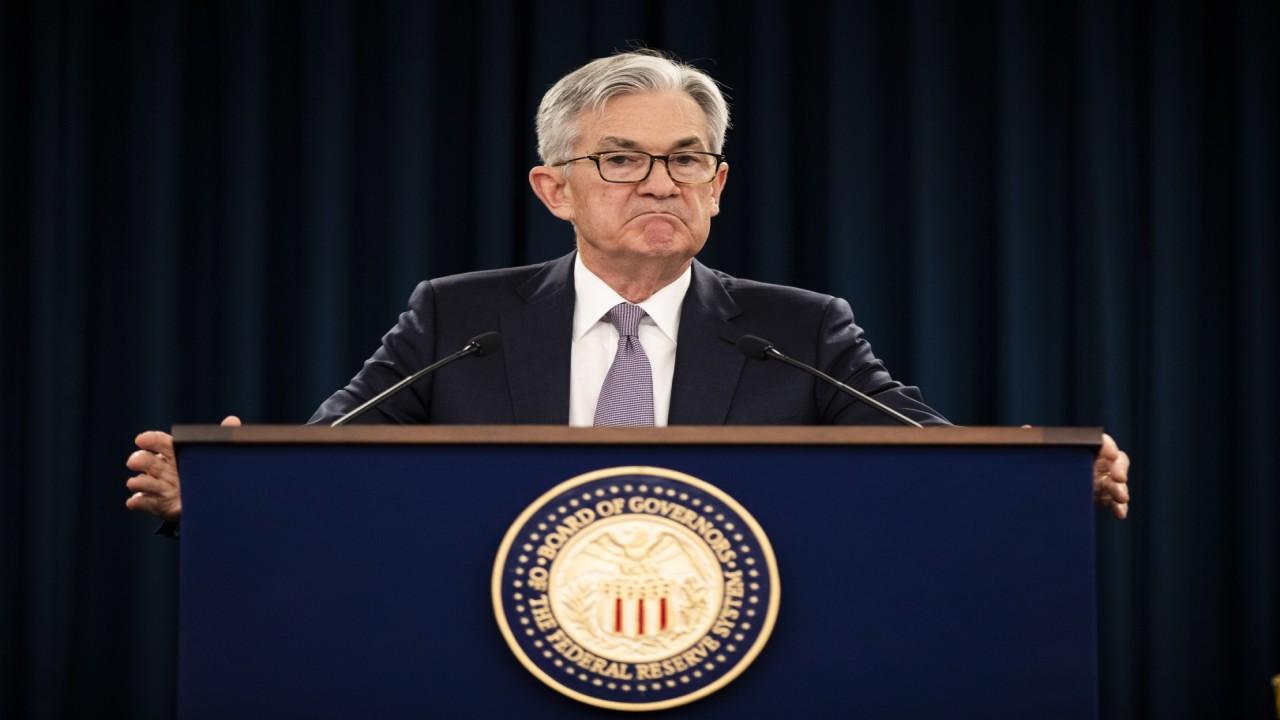Fed pledges to keep interest rates near zero until coronavirus-battered economy recovers
The Fed's meetings come against a bleak economic backdrop
Get all the latest news on coronavirus and more delivered daily to your inbox. Sign up here.
The Federal Reserve on Wednesday pledged to continue taking aggressive action to support an economy devastated by the coronavirus pandemic, including holding interest rates near zero until policymakers are confident the U.S. has weathered the crisis and continuing to buy bonds.
"The ongoing public health crisis will weigh heavily on economic activity, employment, and inflation in the near term, and poses considerable risks to the economic outlook over the medium term," the rate-setting Federal Open Market Committee said in its statement.
In a unanimous statement after their two-day virtual gathering -- the first since the crisis began -- policymakers vowed to use their "tools and act as appropriate to support the economy.” The central bank reiterated previous guidance that the benchmark federal fund rate will remain at a range between 0 percent and 0.25 percent "until it is confident that the economy has weathered recent events and is on track to achieve its maximum employment and price stability goals.”
TRUMP PREDICTS 'INCREDIBLY STRONG' FOURTH QUARTER
The Fed has already taken a range of extraordinary actions to support the economy, including slashing interest rates to near-zero, purchasing an unlimited amount of Treasurys (a practice known as quantitative easing) and launching crisis-era lending facilities to ensure that credit flows to households and businesses. It has also said it will buy corporate bonds and lend to states and cities.
In the past six weeks, the Fed has pumped $2.3 trillion into the economy, an unprecedented amount.
The Fed's meetings come against a bleak backdrop: Hours earlier, the Commerce Department revealed the U.S. economy shrank by 4.8 percent in the first three months of the year, the sharpest decline since the financial crisis more than a decade ago.
The severity of the coronavirus-induced downturn will be reflected more accurately in the second quarter, when the nation's economy came to a near standstill to mitigate the spread of the virus. Estimates vary widely — Goldman Sachs forecast a decline of 34 percent — but economists broadly agree it'll be grim.
Plus, in the five weeks since a majority of states shut down nonessential businesses, more than 26 million workers applied for first-time unemployment benefits, erasing the entirety of the gains in the decade since the 2008 crisis. With a labor force that totals about 162 million people, the figures suggest the unemployment rate is about 16 percent, or roughly one in six Americans.
"The Federal Reserve has shown it will do what is necessary to stem the economic fallout of coronavirus," said Danielle DiMartino Booth, CEO and chief strategist of Quill Intelligence, and a former Fed adviser.
"Their interventions are now so numerous, a spreadsheet is required to keep track of all the actions the Fed has undertaken or committed to. The Fed has been successful in restoring confidence in financial markets, as stocks have rebounded dramatically since their March lows. But that confidence has come at a price. The Fed's balance sheet has ballooned to nearly $7 trillion," she added.




















